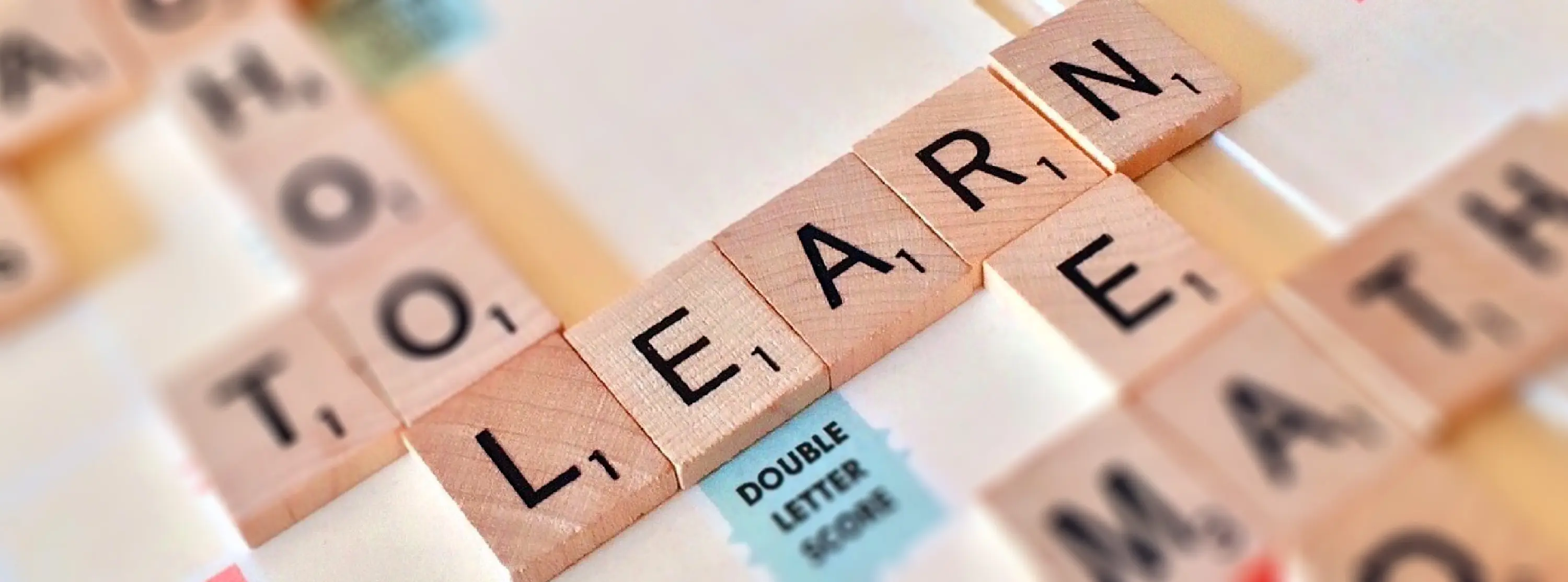
Every child is unique. There are some children who are able to live in this world and cope with all that comes their way. However, there are some children who need some help in doing so. These children see the world in a different way than others do. As parents, special educators, therapists, counsellors and other professionals in the field, we can help and teach them, while they help and teach us too. This is called “special education”. Children are eligible for special education if learning is impacted by a physical, cognitive, behavioral, or emotional condition.

Let's take a sneak peek into some kinds of practices that can help children with special needs.
Special education ensures that children with learning disabilities gets the opportunity for quality education in line with their unique needs. Services can include:
If you have a concern about your child’s ability to learn, ask your child’s daycare or school for an educational evaluation. Early intervention and special education programs provide supports and services to children with disabilities so they can develop, learn, and grow to reach their fullest potential.

The mentioned Act came into enforcement on 7th February 1996. This was a significant step that ensured equal opportunities for disabled persons. It deals with both the preventive and promotional aspects of rehabilitation about education, employment, training, awareness programs, etc.
This Act came into force on 19th April 2017 and has replaced the PWD Act of 1995. It fulfils the mandate of the Convention to which India is a signatory, i.e. the UN Convention on the Rights of Persons with Disabilities. The Act defines the term ‘disability’ based on an evolving concept.
According to the Act, the central government is duty-bound and obliged to set up (and it has set up) the National Trust at New Delhi to benefit the disabled and special needs citizens.
We have many provisions under the Indian Constitution that deal
with the rights of disabled persons. Here are some of the provisions:
It protects the rights of citizens, including disabled persons, and states
that they have a right to justice, liberty, faith, opportunity to work and get an education.
Article 15(1) and (2) specify that there shall be no discrimination against any
Indian citizen based on caste, religion, place of birth, etc. It includes persons with special needs.
Article 21 provides the right to life and personal liberty, including disabled persons.
Article 23 prohibits forced labour.
Article 29(2) provides that no citizen shall be denied admission into any educational
institution maintained by the state or receiving aid out of state funds on
the ground of race, religion, caste, etc.
Article 45 directs the state to provide free and compulsory education to all
children until 14 years of age.
The Act ensures that all children between 6 to 14 years of age get free and compulsory education. It also entitles students with disabilities to have access to free textbooks, study materials, and specific learning, etc.
The mentioned Act contains many provisions for differently-abled persons ensuring that they get equal respect in society.
makes sure that people with disabilities from birth to age 21
receive a free public education that’s tailored to their needs.
Children who qualify for extra help can receive a plan that sets learning
goals and includes accommodations (supports to help with a general education)
and modifications (changes to the general education) that promote success.
Parents, teachers, therapists, school psychologists, and others work as a team
to create the plan. Plans are offered based on ability and age:
This is given to infants and toddlers up to age 3 who have developmental delays or medical problems that can lead to delays (such as hearing loss, being born early, or genetic conditions like Down syndrome).
This outlines a student’s present achievement levels and plots out reachable learning goals. It also includes any accommodations or modifications and related services (like therapy), plus a transition plan for life after high school if a student is 14 or above. The IEP includes yearly review and quarterly progress reports.